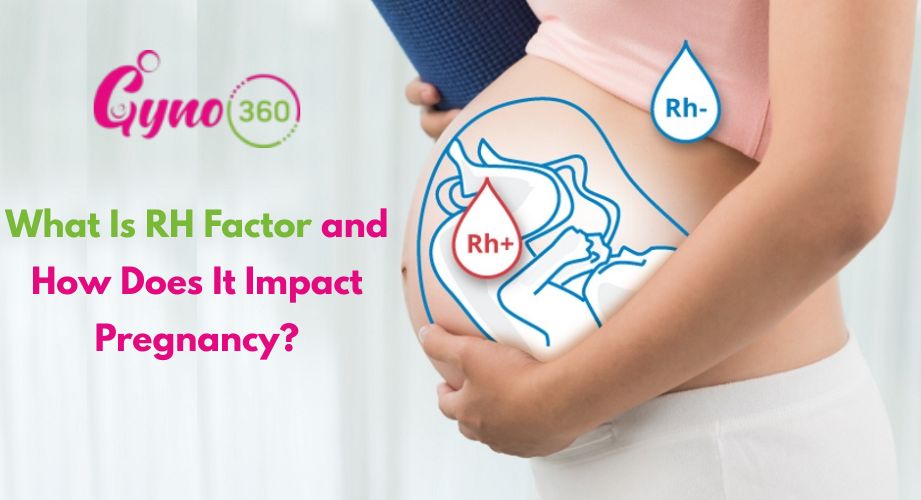Pregnancy is a beautiful journey and is full of ups and downs. There are many things to keep in mind to ensure that you have a safe pregnancy. One such factor is the Rh factor. It is a protein that is found on the surface of the red blood cells. Individuals who have this protein are Rh-positive (Rh+), and those who don’t have it are Rh-negative (Rh-). This factor is inherited from parents and plays an important role in blood compatibility. During pregnancy the Rh factor becomes quite vital because if the mother is Rh negative and the baby is Rh positive, then it could lead to certain problems. This medical condition is known as Rh incompatibility, and care is needed so that it does not harm the baby.
How Does Rh Incompatibility Occur?
Rh incompatibility occurs when a Rh-negative mother carries an Rh-positive baby. This usually happens when the father is Rh positive and the baby inherits the father’s genes. During the pregnancy journey, the Rh-positive blood of the baby mixes with the Rh-negative blood of the mother. The mother’s immune system finds the baby’s blood to be a foreign body and produces antibodies to fight it. These antibodies attack the red blood cells of the baby and cause problems like anemia and jaundice.
What Are The Effects Of Rh Incompatibility On The Baby?
When the mother develops Rh antibodies, they cross the placenta and destroy the baby’s red blood cells, causing HDN, which is hemolytic disease of the newborn. This leads to jaundice, heart failure, anemia, and even stillbirth in many cases. The baby suffers from swelling, difficulty breathing, and other such issues. However, the best part is that modern-day medical treatments prevent and manage these complications and ensure that both the mother and the baby remain healthy.
Diagnosis Of Rh Incompatibility
Doctors test every pregnant woman’s Rh factor and blood type during early prenatal visits. If the mother is Rh negative, then some additional tests are done to check for Rh antibodies. When antibodies are present, then the doctors monitor the health of the baby closely through blood tests and ultrasounds. If the case is severe, then blood transfusion is required before birth. When mother and baby are carefully monitored, then it reduces the chances of complications and leads to healthy baby birth and mother health.
Preventing Rh Incompatibility
To prevent Rh incompatibility, doctors give Rh-negative mothers an injection of Rh immunoglobulin around 28 weeks of pregnancy and again after delivery if the baby is Rh positive. This injection stops the mother’s immune system from making antibodies that can harm the baby. When the Rh immunoglobulin injection is given at the right time, it is highly effective and prevents HDN. It is also given after miscarriage, abortion, or any bleeding during pregnancy to make sure that there are no antibodies formed.
What Are The Treatment Options?
Whenever Rh incompatibility is detected, the doctor monitors the health of the baby closely. When the case is not too severe, then the baby will need light therapy for jaundice. In severe cases, blood transfusion is needed so that it replaces the damaged red blood cells. When the right treatment is taken at the early stage, then babies that are affected by Rh incompatibility can be stillborn healthy and without any complications. This is all possible because of advancements in the medical industry.
Thus, the Rh factor is an important aspect of pregnancy, and expecting mothers should be aware of it. Always consult with your doctor for Rh testing.



